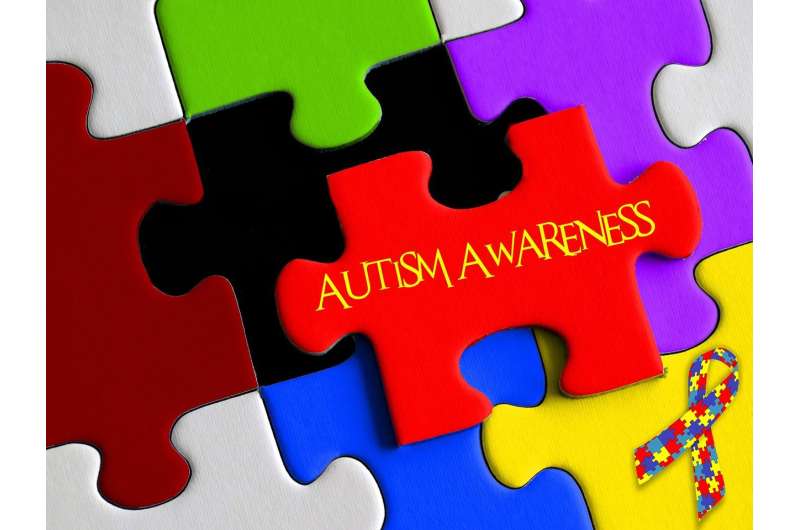Positive well-being may protect against depression in people with autism

In an Autism Research study of 36 newly employed adults with autism spectrum disorder who were participating in a supported employment program, positive well-being—or a sense of happiness and life satisfaction—was associated with a lower risk of developing depression over 12 months of follow-up.
Apart from a slight increase in daily living skills and a slight decrease in job satisfaction, other measures of mental health and well-being remained stable over time, suggesting that intervention programs that specifically target mental health and well-being in the workplace may be needed to improve outcomes.
"While previous research has tended to focus on the negative aspects of mental health such as depression and anxiety, in this study we felt it was also important to focus on positive well-being—a construct often overlooked in autism research in adulthood. There needs to be more mental health research involving adults with autism, and it is particularly important to understand what predicts good mental health and better outcomes overall" said lead author Dr. Darren Hedley, of Olga Tennison Autism Research Centre, La Trobe University, in Australia.
More information: Autism Research (2019). DOI: 10.1002/aur.2064 , onlinelibrary.wiley.com/journal/19393806



















